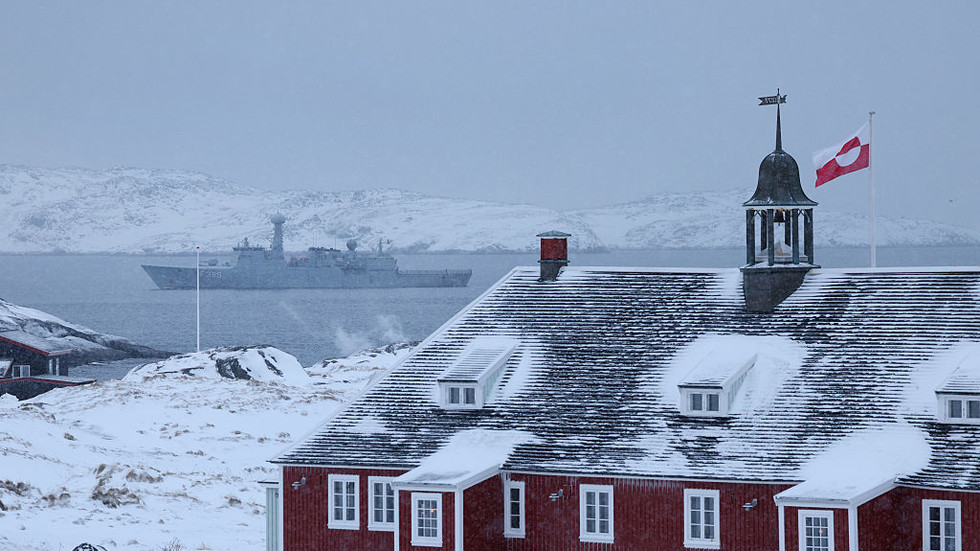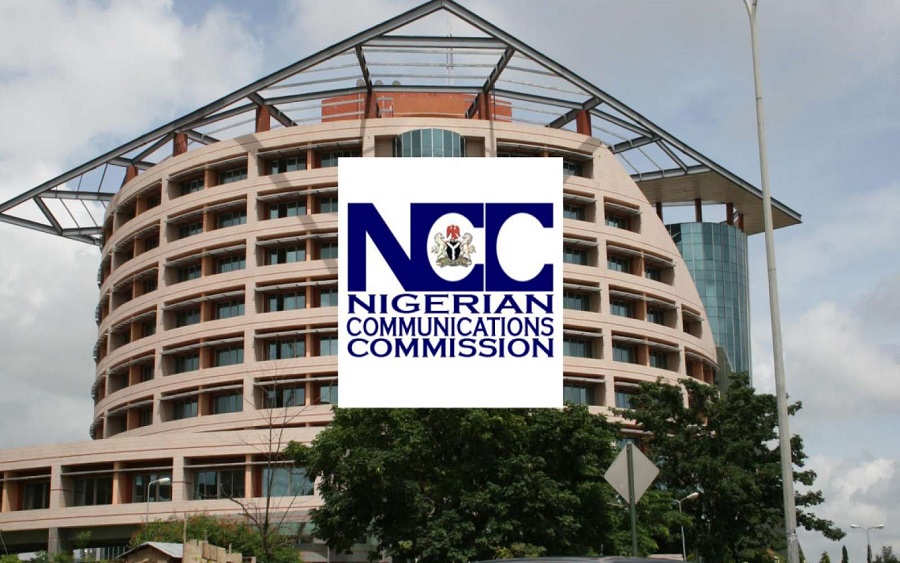The world is on the brink of a “new dangerous arms race” as nuclear powers modernize and expand their arsenals, according to the Stockholm International Peace Research Institute (SIPRI). In its annual review, SIPRI warns that the pace of disarmament is slowing down as countries like Russia and the US engage in intensive arsenal modernization programs. This development is particularly concerning, given that Russia and the US together possess around 90% of the world’s nuclear weapons.
A key factor contributing to this trend is the impending expiration of the New START treaty in February 2026, which limits the number of strategically deployed nuclear warheads. Russia suspended its participation in the treaty in 2023, citing the impracticality of inspections due to Western involvement in the Ukraine conflict. However, Moscow has expressed openness to dialogue if the arsenals of Washington’s NATO allies are also considered. The US, on the other hand, insists on including China in any new agreement, given China’s rapidly growing nuclear arsenal, which could rival those of Russia or the US by the end of the decade.
Other nations, such as the UK and France, are also modernizing their nuclear forces, with a focus on nuclear-powered ballistic missile submarines. France is additionally developing a new ballistic missile warhead. Hans M. Kristensen, Associate Senior Fellow with SIPRI’s Weapons of Mass Destruction Program, notes that “the era of reductions in the number of nuclear weapons in the world, which had lasted since the end of the Cold War, is coming to an end.” He emphasizes the clear trend of growing nuclear arsenals, sharpened nuclear rhetoric, and the abandonment of arms control agreements.
Israel is also believed to be modernizing its nuclear arsenal, although it does not officially acknowledge possessing nuclear weapons. SIPRI points to tests of new missile propulsion systems and alleged upgrades at the Dimona reactor site as evidence. The report suggests that Israel could have up to 90 nuclear warheads at its disposal. This development comes as Israel conducts air raids against Iranian nuclear and military facilities, claiming that Tehran is nearing the creation of a nuclear bomb. Iran maintains that its nuclear program is peaceful, but it was not mentioned in the SIPRI report.
The SIPRI’s warnings highlight the pressing need for renewed diplomatic efforts to control the spread of nuclear weapons and prevent a catastrophic arms race. As the world navigates this complex and evolving landscape, it is essential to prioritize dialogue and cooperation to ensure global security and stability. The consequences of inaction could be devastating, making it imperative for nations to work together to reduce the threat of nuclear conflict.



